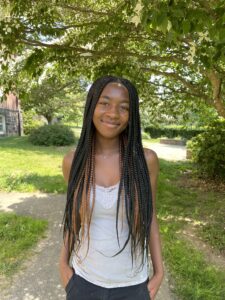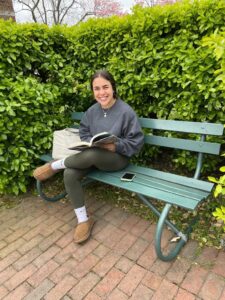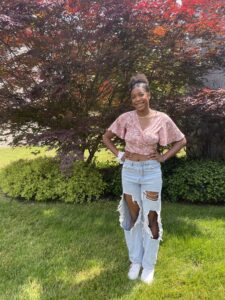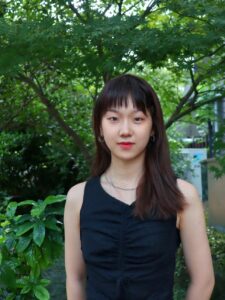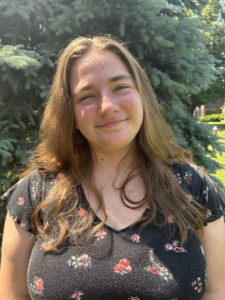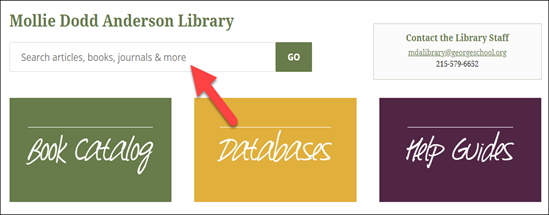Students in this course study the main theories of macro, micro, international, and developmental economics, and apply what they learn in critical analyses and lively discussions of current events.
What are the main learning goals of the course?
The ultimate goal of the class is to be able to apply economic theory to real world issues. But my personal goal for the class is that students can read an article, listen to the news, talk with their parents, and understand and recognize what’s going on. If they can do that by the time they leave, I’ve done my job.
What do you enjoy most about IB SL Economics?
I love this class, and the thing I like the most is how it’s applied to current events. Most of my lesson plans are to take the day’s news and discuss it. The major internal assessment for the class is to write several commentaries on news articles published within the last year. Students dissect the article, identify the economic terms, draw diagrams, and then most importantly, evaluate the policy.
What is your favorite part of the course to teach?
I like macroeconomics the best, where we’re looking at tax policy, unemployment, inflation, and government spending. There’s a lot to talk about and a lot to debate. There are two main sides to macro issues and both have validity. It’s amazing for students to be able to say that they understand why conservatives feel the way they do and why liberals feel the way they do.
How is economics different from other history courses?
While history is important, there are students who tend to be more interested in the social sciences, and economics classes allow them to pursue that early on.
How does Economics fit with the rest of the George School curriculum?
Because we use knowledge from other disciplines in our analysis in economics, it’s really a culminating class for the coursework that students have done before. For example, economics works well with Becky Hutchins’ IB SL Environmental Systems and Societies class, because we spend a lot of time learning about sustainability. Economic sustainability is a part of environmental sustainability. When you put those two together, you get a much more holistic view of environmental topics.

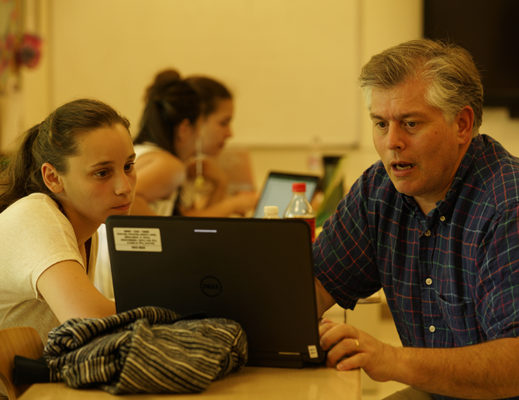
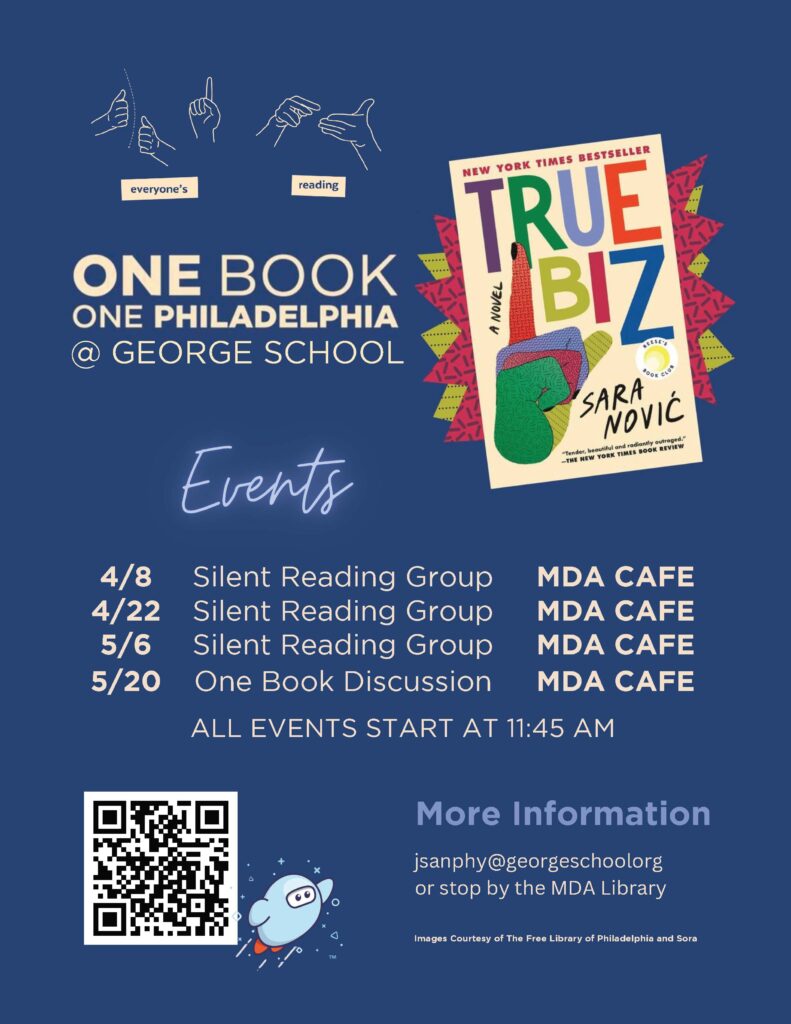
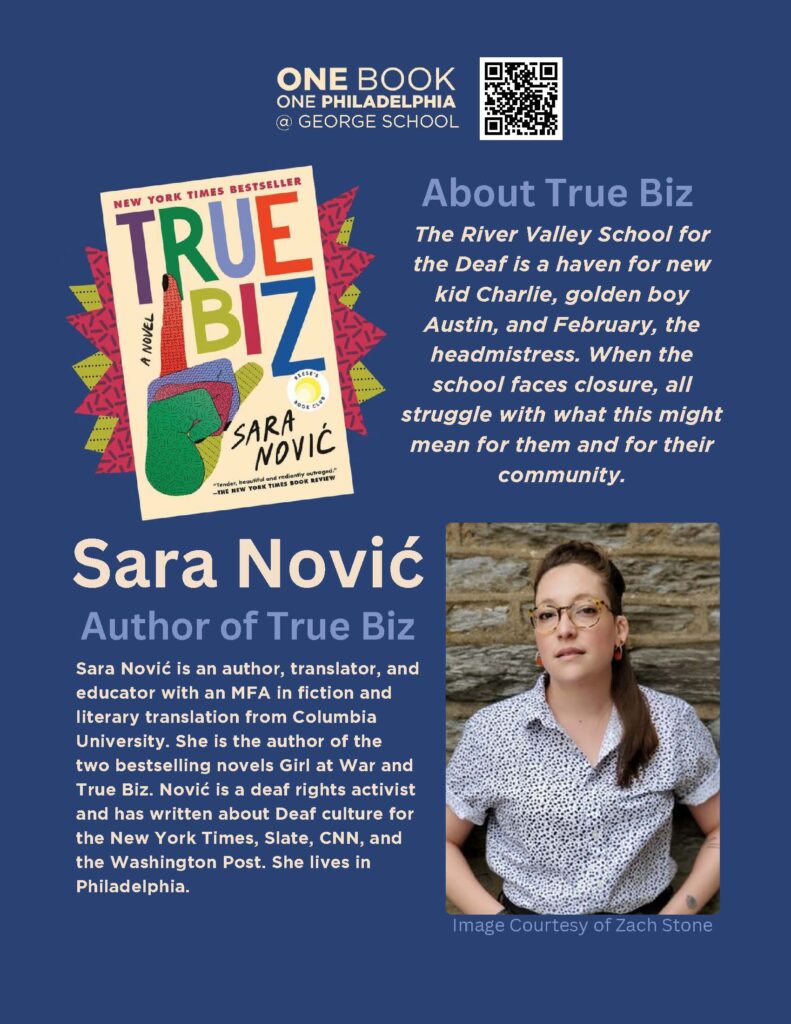

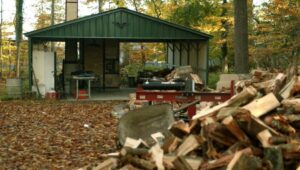

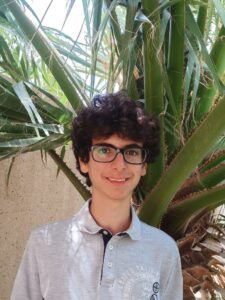 Monastir, Tunisia, and Amman, Jordan
Monastir, Tunisia, and Amman, Jordan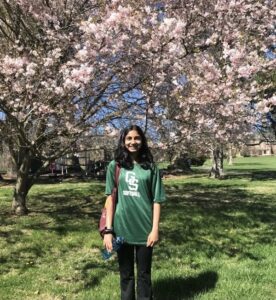 Irvine, CA
Irvine, CA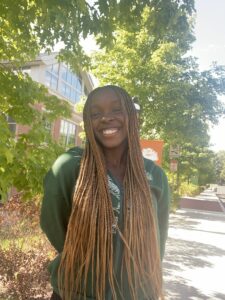 Feasterville-Trevose, PA
Feasterville-Trevose, PA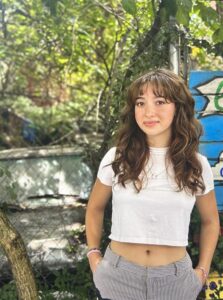 New Hope, PA (Previously NYC)
New Hope, PA (Previously NYC)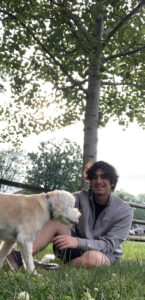 Richboro, PA
Richboro, PA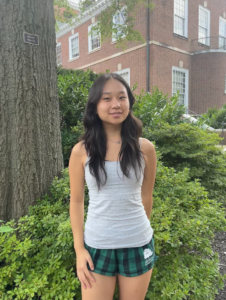 Englewood, NJ
Englewood, NJ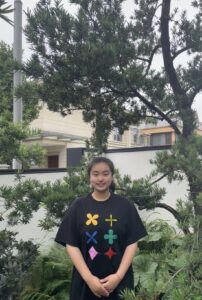 Ningbo, Zhejiang, China
Ningbo, Zhejiang, China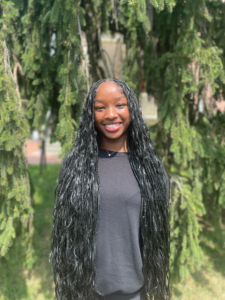 Willingboro, NJ
Willingboro, NJ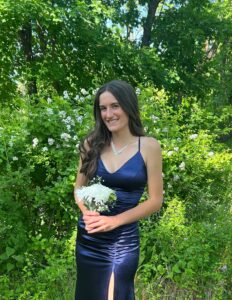 Yardley, PA
Yardley, PA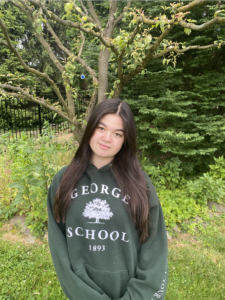 Newtown, PA
Newtown, PA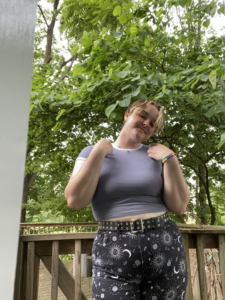 Holicong, PA
Holicong, PA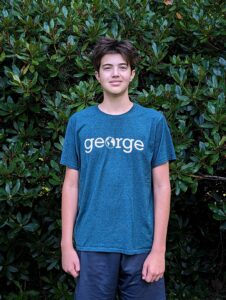 Newtown, PA
Newtown, PA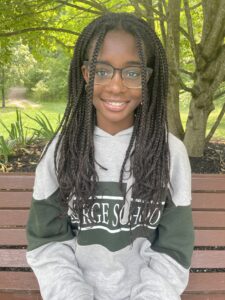 Hamilton, NJ
Hamilton, NJ Yardley, PA
Yardley, PA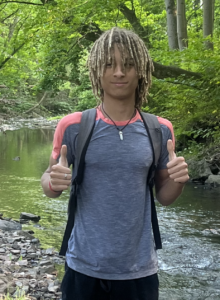 Lambertville, NJ
Lambertville, NJ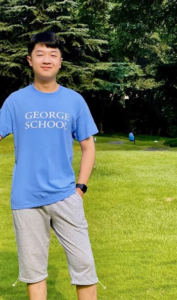 Chongqing, China
Chongqing, China Pennington, NJ
Pennington, NJ Yardley, PA
Yardley, PA Bensalem, PA
Bensalem, PA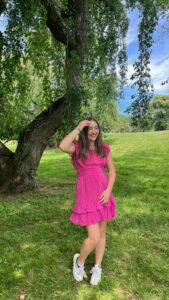 Borgota, Colombia
Borgota, Colombia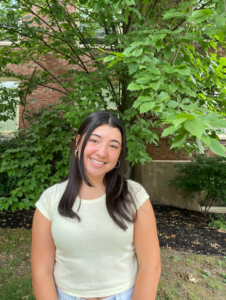 Newtown, PA
Newtown, PA Burlington, NJ
Burlington, NJ Langhorne, PA
Langhorne, PA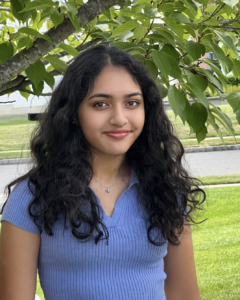 Princeton, NJ
Princeton, NJ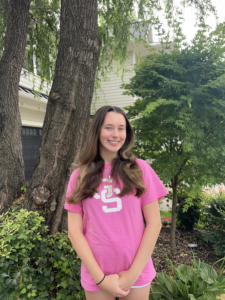 Langhorne, PA
Langhorne, PA New York City, NY
New York City, NY New Hope, PA
New Hope, PA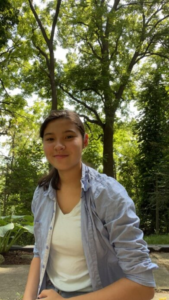 St. Catharines, Ontario, Canada
St. Catharines, Ontario, Canada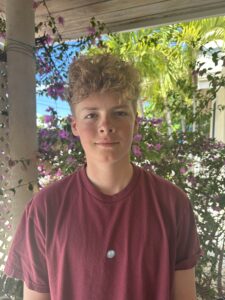 Providenciales, Turks and Caicos Islands
Providenciales, Turks and Caicos Islands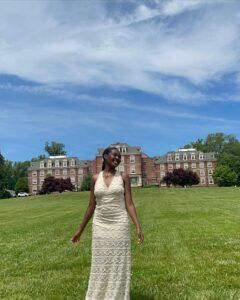 Willingboro, NJ
Willingboro, NJ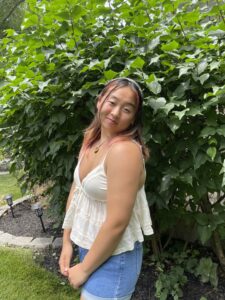 Princeton, NJ
Princeton, NJ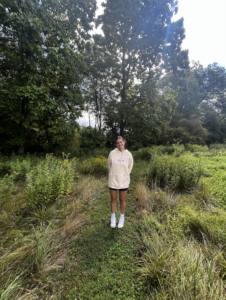
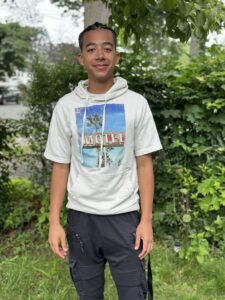 Newark, NJ
Newark, NJ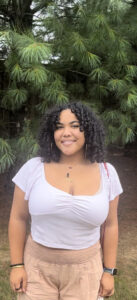 Trenton, NJ
Trenton, NJ Newtown, PA
Newtown, PA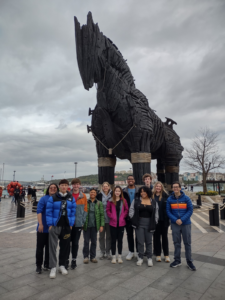
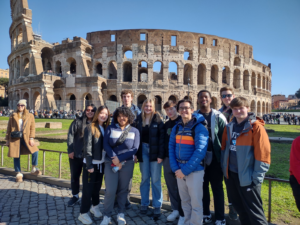
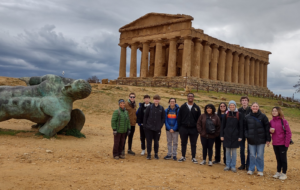
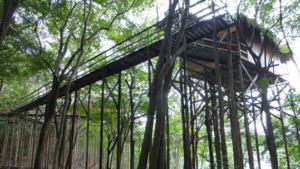
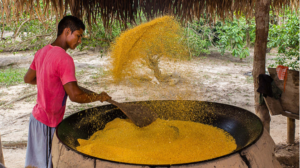


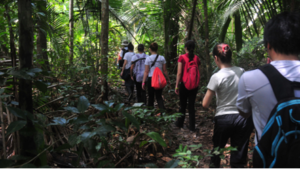
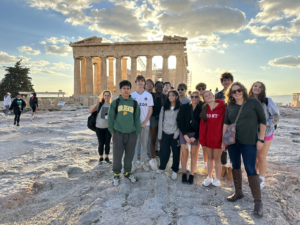
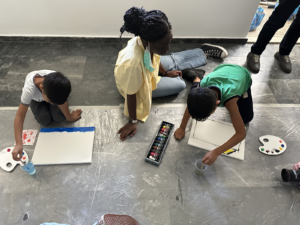
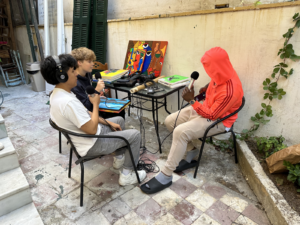
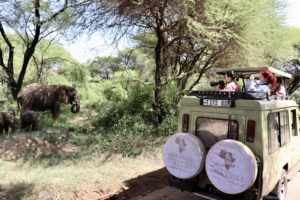
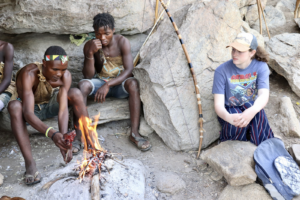
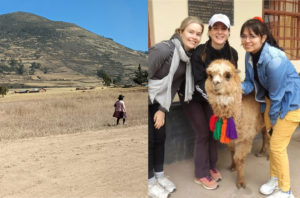
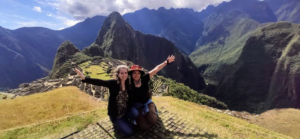
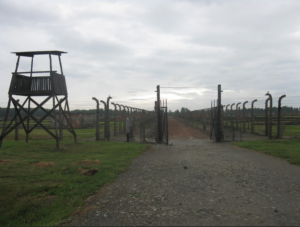
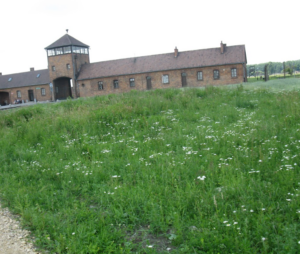

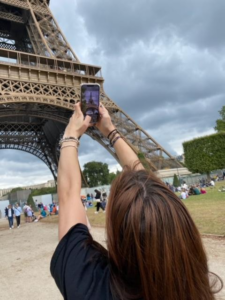
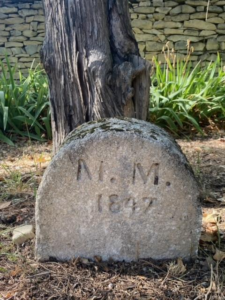
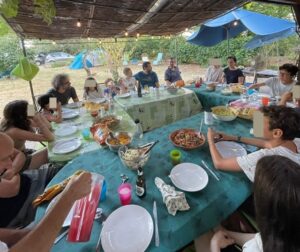
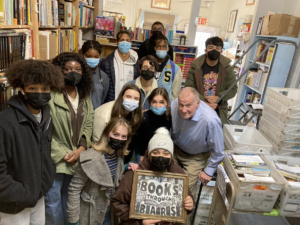
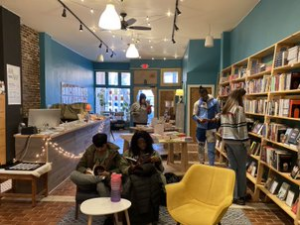
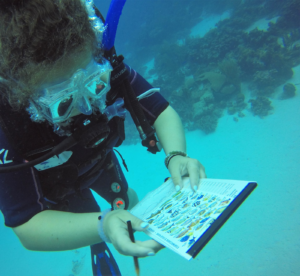
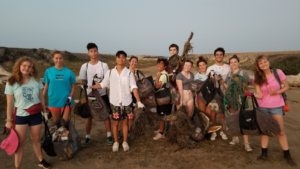
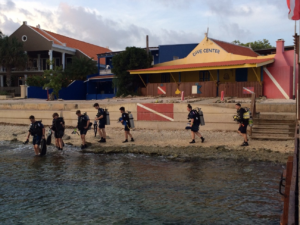
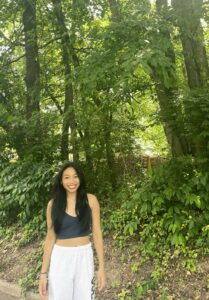 Lawrence, NJ
Lawrence, NJ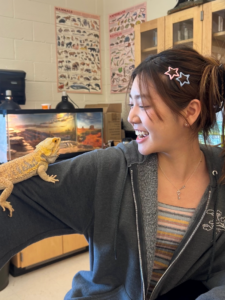 Seoul, South Korea
Seoul, South Korea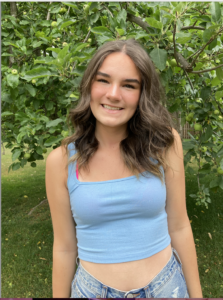
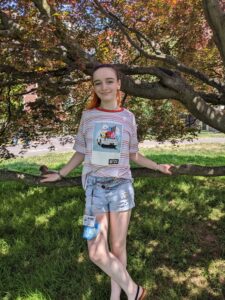 Milwaukee, Wisconsin
Milwaukee, Wisconsin Pennington, NJ
Pennington, NJ Jenkintown, PA
Jenkintown, PA Ottsville, PA
Ottsville, PA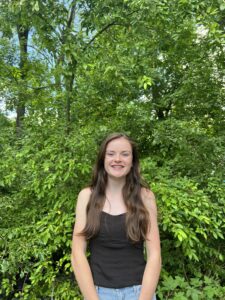 Yardley, PA
Yardley, PA Providenciales, Turks and Caicos Islands
Providenciales, Turks and Caicos Islands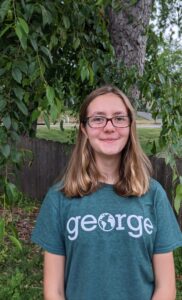 Hopewell, NJ
Hopewell, NJ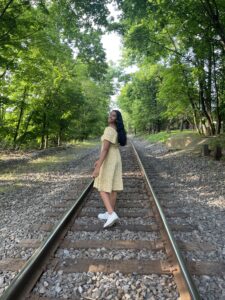
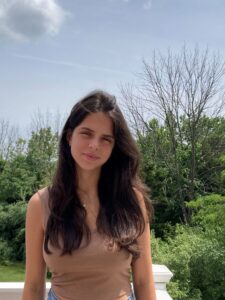 Pottstown, PA
Pottstown, PA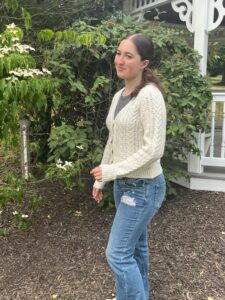 Playa del Carmen, Quintana Roo, México
Playa del Carmen, Quintana Roo, México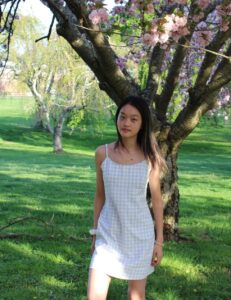 Shanghai, China
Shanghai, China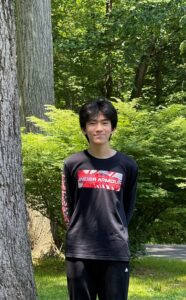 Beijing, China
Beijing, China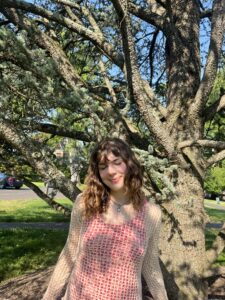 Yardley, PA
Yardley, PA Beijing, China
Beijing, China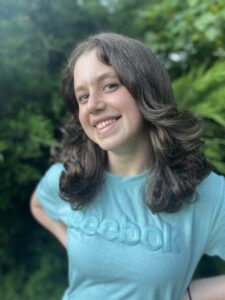 Holland, PA
Holland, PA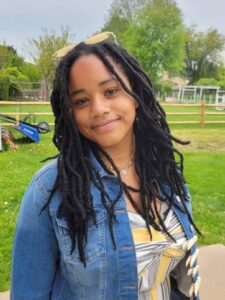 Langhorne, PA
Langhorne, PA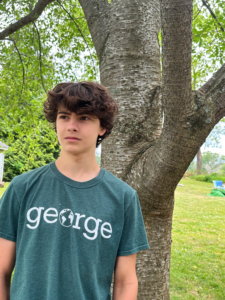 Ringoes, NJ
Ringoes, NJ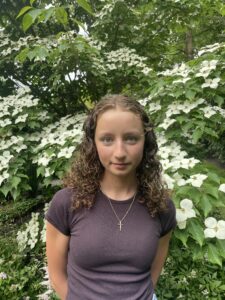 New Hope, PA
New Hope, PA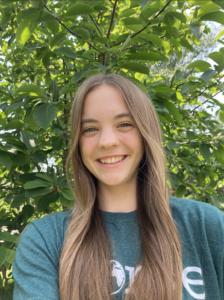 Dreshner, PA
Dreshner, PA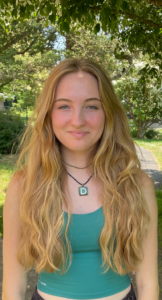 Yardley, PA
Yardley, PA Yardley, PA
Yardley, PA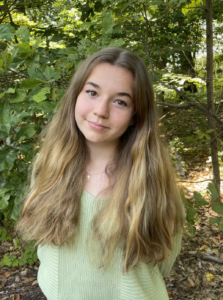 PA
PA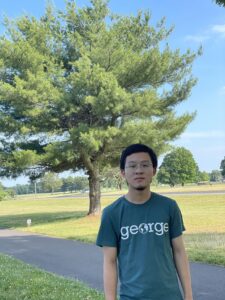
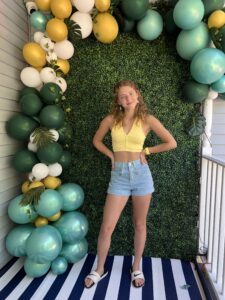
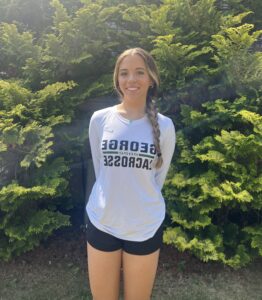
 Xi’an, China
Xi’an, China